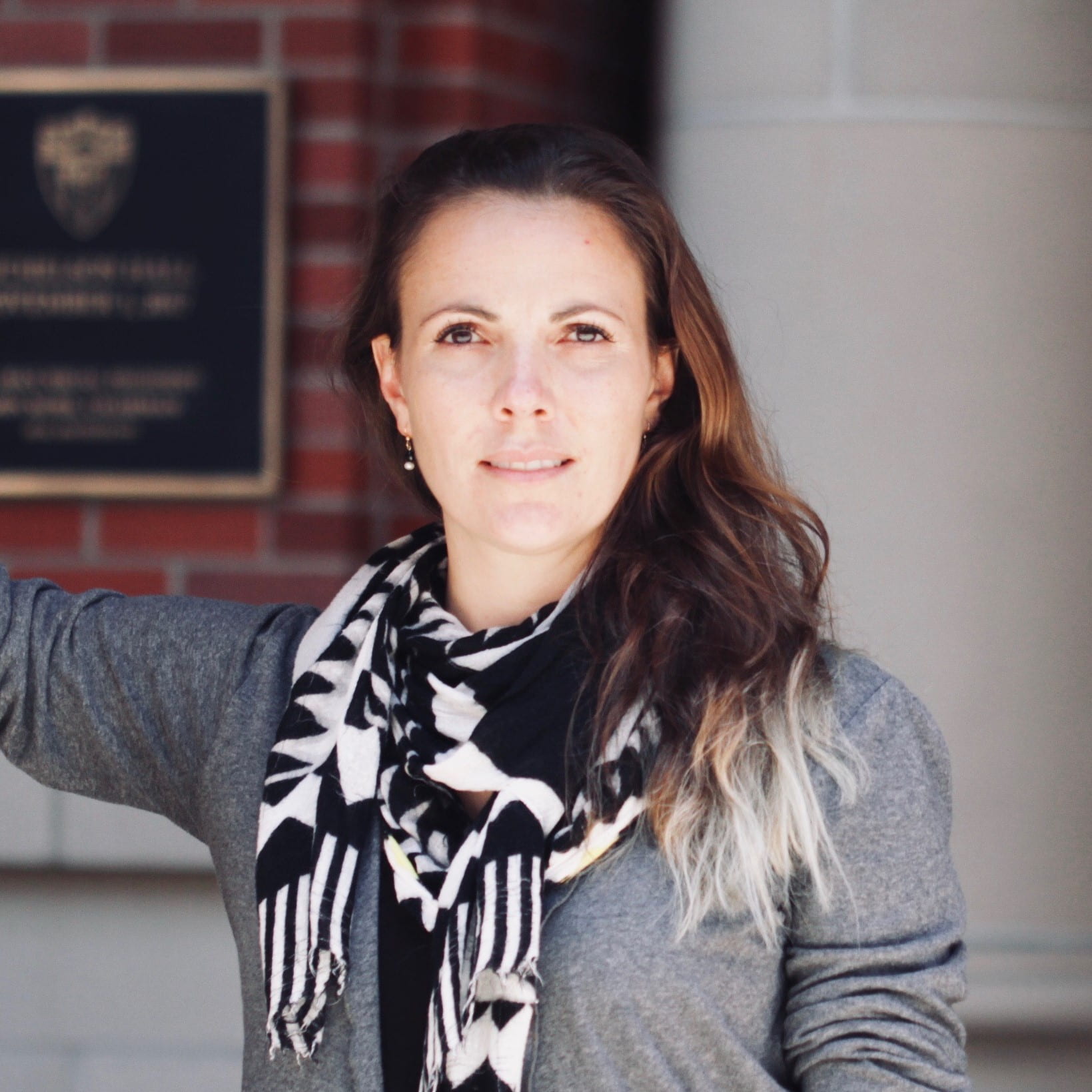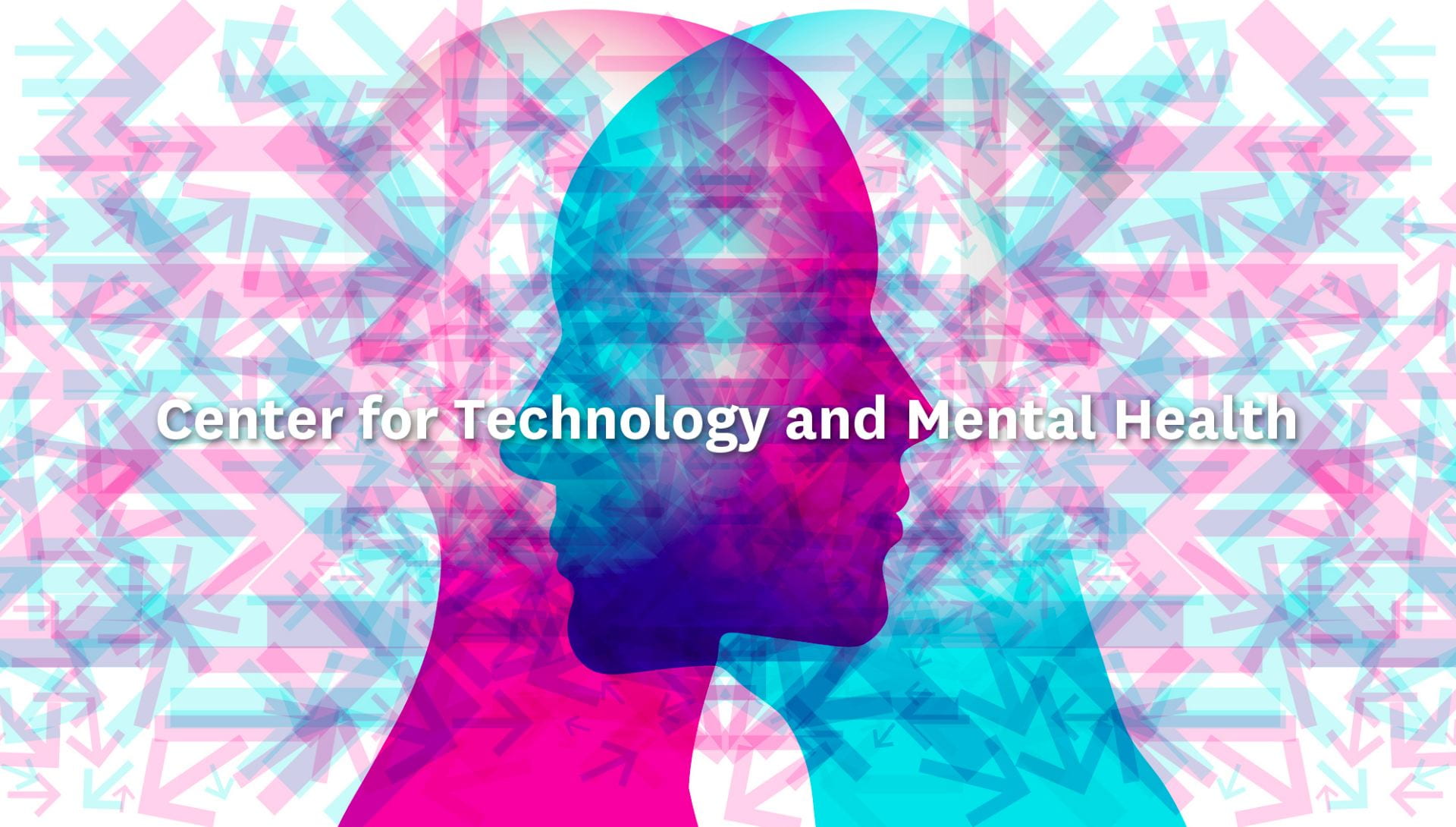Mental health is a major societal challenge. In the US, approximately 1 in 5 adults (46.6 million) experiences mental illness in a given year; 1 in 5 youth aged 13–18 (21.4%) and 13% of children aged 8-15 experiences a severe mental disorder; over 30% of adolescents and 18.1% of adults experience an anxiety disorder. Engineering technologies have the potential to improve diagnosis, intervention, and treatment of mental illness. In the Viterbi School of Engineering, a growing number of faculty are exploring research relevant to mental health.
 |
Heather CulbertsonWearable haptic devices for emotion regulation through virtual touch |
 |
Gale LucasVirtual reality and computerized assessments for depression and anxiety; web resources for prevention around depression and anxiety |
 |
Maja MataricSocially assistive robotics for anxiety and depression coping and companionship and machine learning for personalized anxiety-management wearable devices
|
|
|
Shri NarayananBio-behavioral machine intelligence to support human and autonomous decision making; novel diagnostics, personalized interventions, and tracking treatment in mental and behavioral health |
 |
Maryam ShanechiNeurotechnology development; Closed-loop neuromodulation in depression, anxiety, chronic pain; Direct electrical brain stimulation; Neural decoding of mood; Brain network modeling; System identification for brain networks. |
 |
Mohammad SoleymaniComputational mental health assessment from verbal and nonverbal behavior (depression, PTSD, alcohol abuse); conversational virtual agents for therapeutic interviewing. |
 |
Jennifer TreweekWhole-organ molecular phenotyping and circuit-mapping to inform novel treatment modalities for stress-related disorders; non-invasive approaches for modulating depression-associated neural networks. |
 |
Phebe VayanosRobust and fair suicide prevention interventions for vulnerable populations. |

